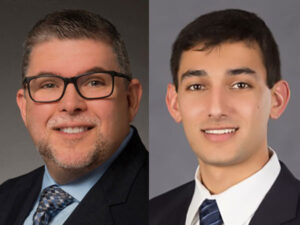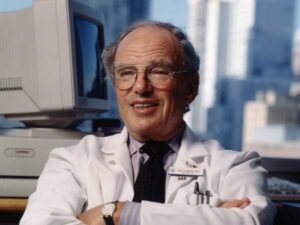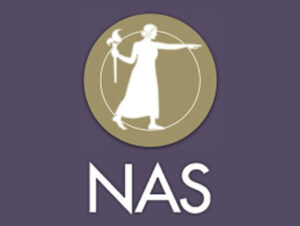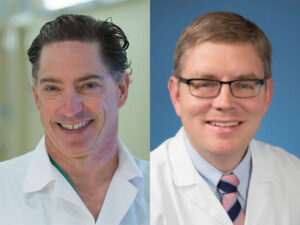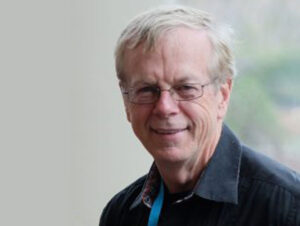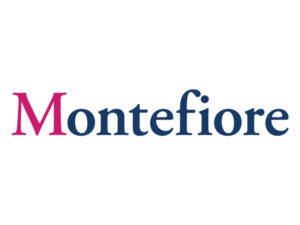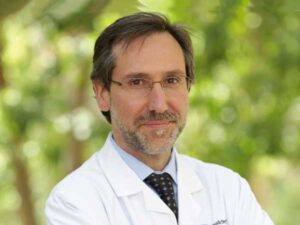In the past decade, there has been a growing interest in capitalizing on advances in information technology to provide quality and patient-centered care to cancer patients and survivors outside a hospital or clinic setting.
On rare occasion, an innovator makes such a profound impact on the world that people thereafter cannot imagine what life was like before that transformation. Paradoxically, for those not witness to such an achievement, this phenomenon may have, in terms of legacy, a blunting effect.
The deal is off: Fox Chase Cancer Center will not be sold to Thomas Jefferson University.
The COVID-19 pandemic has been catastrophic to health care in the US.
The National Academy of Sciences announced the election of 120 members and 26 international members in recognition of their distinguished and continuing achievements in original research.
As part of responding to the COVID-19 pandemic, hospitals across the nation had dramatically reduced their surgery schedules when UC Davis cancer patient Marlene Blake had surgery for breast cancer in March.
This pandemic has affected a lot of people, both physicians and patients, physically as well as emotionally.
March 1, 2020, started as a good day at the Montefiore Einstein Center for Cancer Care in New York.
Nobody knew how to even begin to predict the number of people who would register for the first-ever virtual annual meeting of the American Association for Cancer Research.


